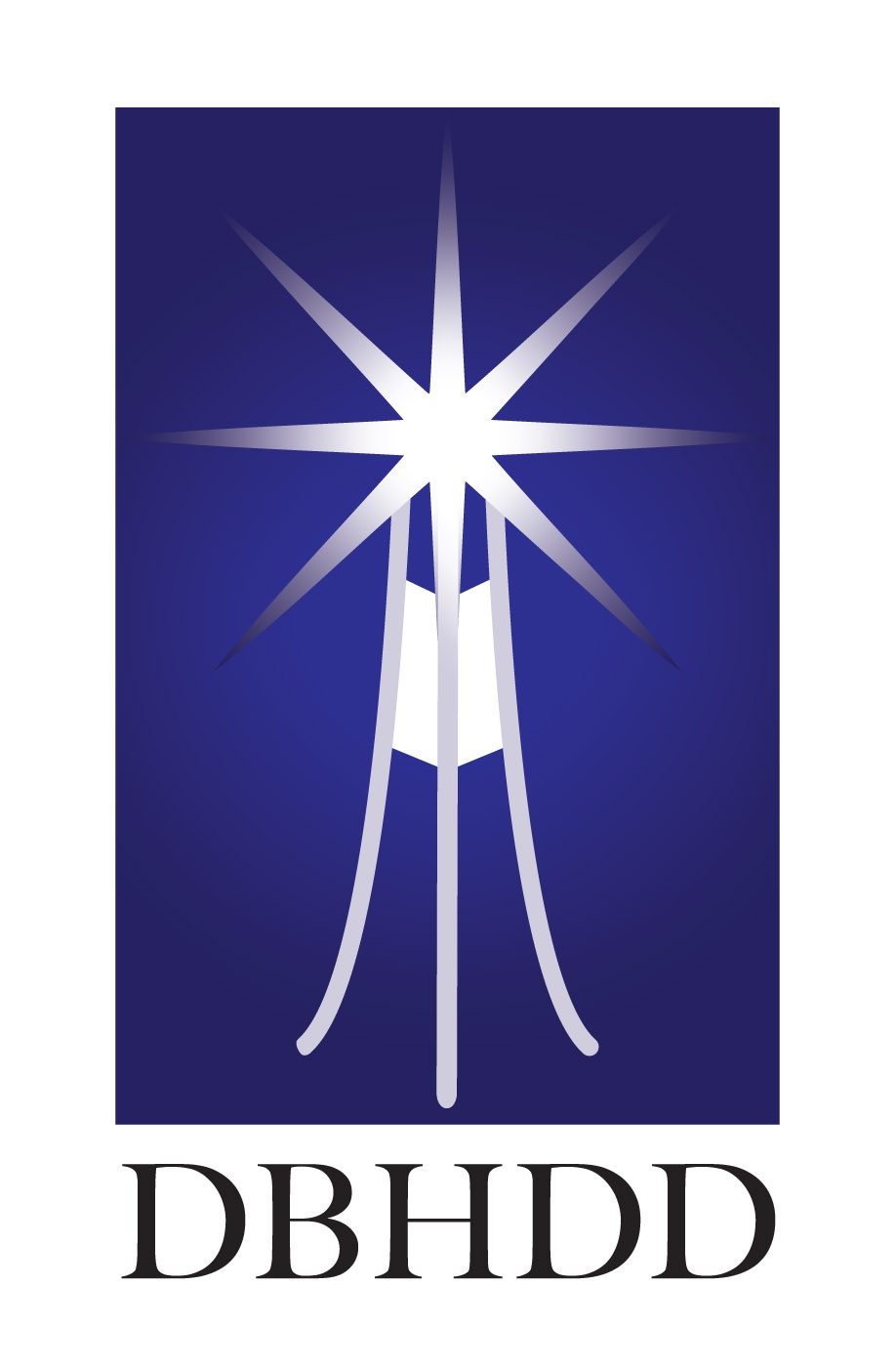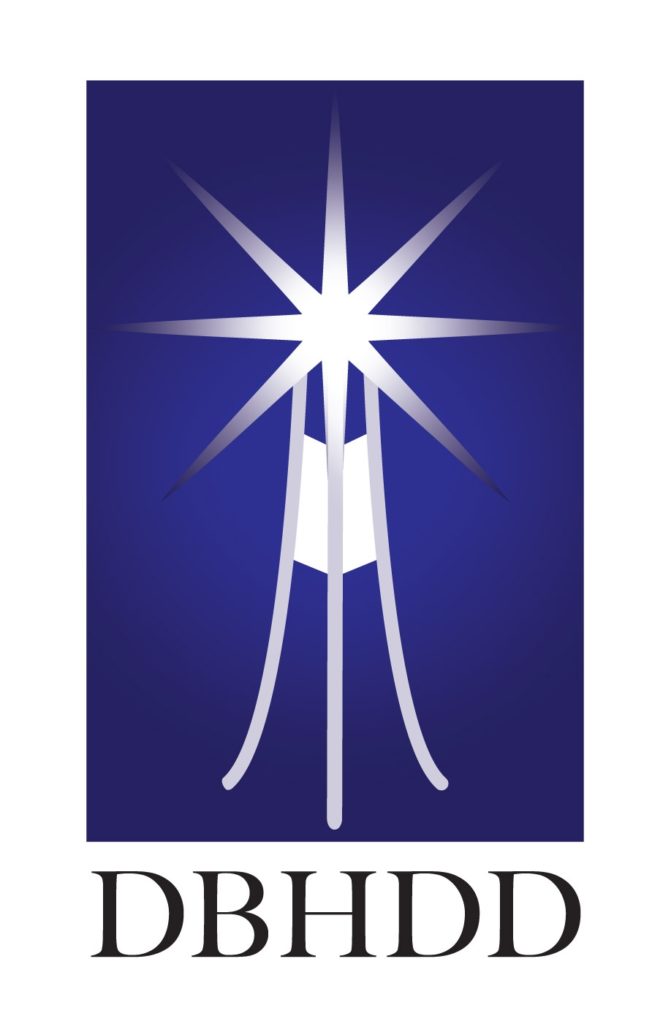Georgia’s Department of Behavioral Health and Developmental Disabilities (DBHDD) launched a Strengths Deployment Inventory (SDI)-centric training program to improve its culture while offering a powerful tool to engage and retain employees. The training has been rolled out across the entire 7,000 person organization resulting in a seismic culture shift with higher employee satisfaction and even an impact on attrition.


“The SDI 2.0 is relevant and helpful in all kinds of circumstances especially during a crisis.”
Georgia Department of Behavioral Health and Developmental Disabilities (DBHDD) was facing many of the common challenges experienced by other statewide agencies around the country. Bureaucracy had led to numerous workforce issues including significant turnover and resource shortages. In addition, there was little that it could do to reward high performing employees given the tight budget limited the ability to provide raises or bonuses. Further, employees would simply avoid conflict at all costs given the lack of incentives or market pressure to perform.
In search of a solution, Judy Fitzgerald, DBHDD’s Commissioner, led a broad-based initiative to bring in the Strengths Deployment Inventory (SDI) given the impact she had seen from its use with the executive leadership team and its potential to shift DBHDD’s work culture.
DBHDD first deployed the SDI in a training program with the organization’s most senior leaders. Despite the long-standing relationships among the executive team, the SDI shifted the way they worked together as they were equipped with a new understanding of what drives each leader.
Based on its early success, Fitzgerald decided to expand the training to include additional leaders. The response was similarly positive and the leaders also wanted to include their teams in the training to improve their interactions.
Fitzgerald made it her goal to roll out the SDI to the entire agency given its past success and potential to resolve many of DBHDD’s workforce issues. She wanted to give every employee regardless of education level, title, or duration at the agency the opportunity to go through the day-long SDI workshop. Fitzgerald and the DBHDD leadership team’s point of view are that “Healthy relationships do really make for a healthier culture.”
To support the roll-out of the program to all DBHDD locations, DBHDD staff went through a train-the-trainer certification program and now have 45 certified facilitators across the organization. In the last 2 years alone, over 3,200 employees have attended at least one of the 243 SDI workshops. Lavin Briggs, the Assistant Commissioner leading this training initiative, is now working to become a Core Strengths Master Facilitator so that she can continue adding facilitators to her team with even greater efficiency.
In addition, DBHDD has infused the SDI into many aspects of its culture. DBHDD provides ample opportunities for people to not only go through the workshops but to further their learning and actually implement the SDI in their daily lives. Each employee mounts their SDI results on their door or desk and most meetings start with an SDI-related exercise. Also, employees’ badges include their individual motive, conflict sequence, and top 3 strengths to foster greater understanding on a day-to-day basis. Further, DBHDD hosts two to three “lunch and learns” per month to provide a deep dive into applying the SDI as well as to increase awareness of the tool internally.
